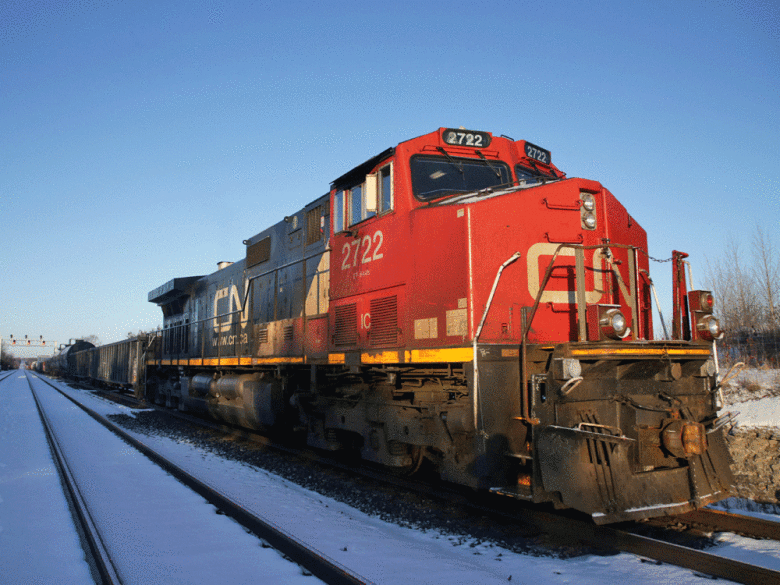Canadian Ag Near Tipping Point Over Blockades

The Canadian Federation of Agriculture called for “decisive action” from the federal government Tuesday as it warned that rail blockades across the country were causing critical supply shortages for farmers and hurting their ability to get products to market
by Lee Berthiaume – The Canadian Press
Canadian farmers are being “severely and harshly impacted” by the blockades despite having nothing to do with the dispute over a B.C. pipeline project, federation president Mary Robinson said during a news conference attended by dozens of representatives from the agricultural industry.
“These interruptions greatly affect Canada’s ability to be a reliable and trusted trading partner”
Robinson, whose organization represents around 200,000 farm families across the country, specifically cited shortages of propane for heating barns and feed for animals as among the top concerns, particularly for farmers in Eastern Canada.
Producers are also having difficulty getting their products to market because of the rail disruptions, she said.
“The widespread collateral damage of these protests is grinding our entire industry to a halt and is taking a massive toll on farmers across the country,” Robinson said, adding some estimates have pegged the cost to industry at around $63 million per week.
“Canadian agriculture is quickly reaching a tipping point.”
The comments put more pressure on the federal government to end the rail blockades, which started earlier this month in opposition to the Coastal GasLink project in B.C. While police have removed some of the blockades in recent days, others have since popped up.
Canada is one of the world’s largest agricultural producers and the fifth-largest agricultural exporter, according to the federal government. The industry employs 2.3 million Canadians and contributes around $110 billion to the country’s gross domestic product each year.
Insisting it was too early to talk about compensation or emergency assistance, Robinson instead said the government’s focus should be on ending the blockades before looking at longer-term ways to ensure Canada’s rail network is reliable and not subject to future uncertainty.
“We cannot continue to have our livelihoods held hostage every time a group wants to put pressure on government. These interruptions also greatly affect Canada’s ability to be a reliable and trusted trading partner.”
Yet she also warned the blockades along with a year of bad weather, a week-long rail strike in November and ongoing trade disputes with China are causing long-term damage to the agricultural industry, particularly as trading partners turn elsewhere for their products.
“We certainly are a point where our nation should be concerned that our government show leadership and investment to ensure that our agriculture resources are properly shored up in these difficult times,” she said.
Agriculture Minister Marie-Claude Bibeau acknowledged the challenges Canadian farmers have faced over the past year, but stopped short of promising any specific assistance or actions to address their concerns.
“These disruptions have unfairly hurt Canadians, hurt our farmers and the entire value chain of our agriculture industry,” Bibeau said in a statement.
“I care deeply about our farmers who have dealt with the stress and impacts of these rail disruptions, on top of the challenges they faced in 2019. It’s absolutely essential that barricades stay down and that rail service be resumed.”












